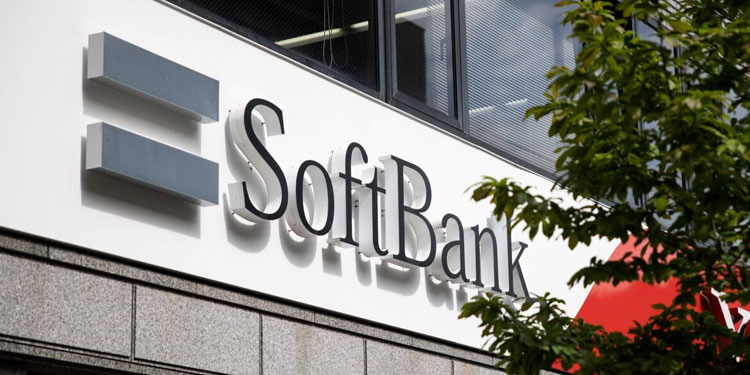
Through its partnership with Oasys, Softbank positions itself as a participant in blockchain-based gaming. The blockchain gaming industry is predicted to develop at a compound annual growth rate (CAGR) of 13.3% from 2020 to 2025, reaching $3 billion by 2025, according to research from Research and Markets, according to Oasys.
The move follows the announcement of a second Oasys validator by Square Enix, the Japanese video game publisher and developer of the Final Fantasy series. Softbank and Square Enix are among the major companies that have joined Oasys’ blockchain, which already has the support of Bandai Namco Research, Sega, Ubisoft, Netmarble, WeMade, Com2uS, and Yield Guild Games.
Oasys is developing a platform for players and developers to share and create blockchain-based video games. It overcomes the issues encountered by game creators while constructing games on the blockchain. Its goal to construct the quickest network driven by the gaming community, a scalable network powered by triple-A game creators, and a blockchain giving the greatest user experience with fast transactions and no gas costs for users, preparing players to participate and play in the Oasys.
Oasys is a proof-of-stake public blockchain project with many layers, compatible with the Ethereum virtual machine, that is slated to start in 2022. While Oasys plans to ultimately transfer as much project management as possible to the community (what some refer to as becoming a DAO – decentralized autonomous organization), it is now registered as a Singapore-based exempt private company limited by shares.
This is comparable to the organizational structure of Solana Labs, Ethereum Foundation, Terraform Labs, and other firms and foundations backing other public blockchains.
The corporation is incorporated in Singapore principally because Japan (and to a lesser degree Korea) has several regulatory concerns surrounding the handling and taxes of cryptocurrency holdings. Singapore, on the other hand, strikes a mix between being a worldwide crypto centre and a legal environment for the success of a blockchain gaming industry hub in the Asia Pacific.
The main Oasys team is comprised of Japanese developers that are part of Doublejump. Tokyo, is one of the world’s most successful Web3 game producers with over five years of expertise in creating numerous blockchain games. My Crypto Heroes and Brave Frontier Heroes were the top-selling blockchain games from their introduction in 2018 through the beginning of 2020 (the world’s leading blockchain game by trading volume, number of transactions, and number of Ethereum users).
Oasys was established with the notion of 21 first validators to bring stability, security, and structure to the project. These early validators include Netmarble, Com2us, Wemade, NHN, and Neowiz, which are all important Korean gaming firms. Oasys teamed with ConsenSys to create an industry-first, gaming-optimized wallet for gamers, and also announced a partnership with Mythical Games, a prominent crypto-native games developer, to act as an early validator.
Current consensus procedures are so heavily focused on decentralization, security, and anonymity that speed, performance, and cost may suffer. For blockchain-powered gaming solutions to be appealing to game creators and successful in capturing the hearts and minds of gamers, they need to be extremely scalable with fast transaction speeds and low/zero gas prices for consumers, the business stated. They must have a well-designed user interface, be completely performance-optimized, and be compatible across several multiverses. This is what Oasys aims to do.
Blockchain games are meant to be borderless and regionless, thus in addition to the advantages for the Korean market of being able to build high-quality games internationally, this lowers friction for projects like Oasys to partner with Korean game creators when expanding into other countries.
